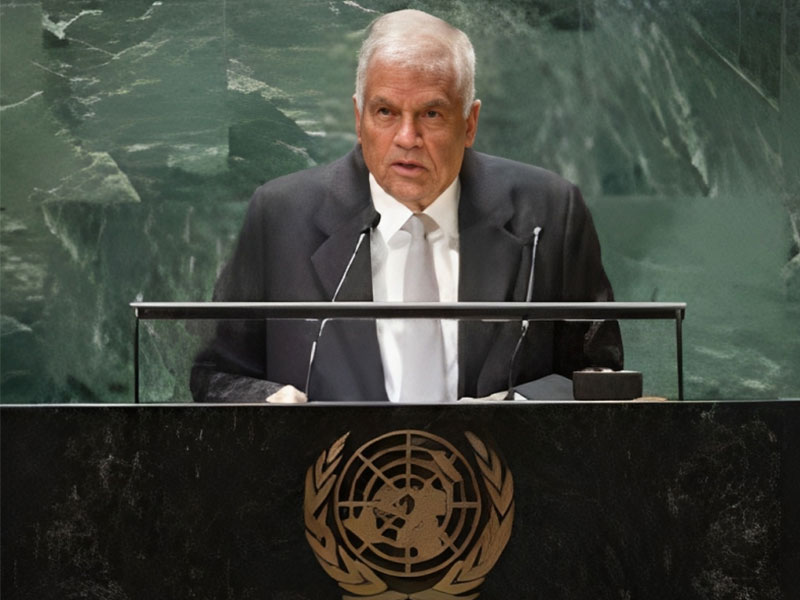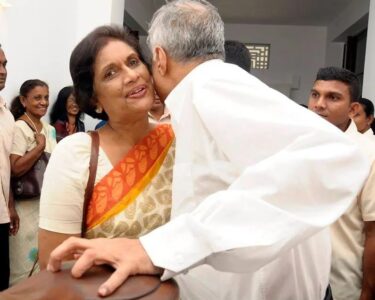Sri Lankan President Ranil Wickremesinghe’s speech at the United Nations General Assembly on Thursday was met with criticism from some quarters for its unrealistic targets and lack of action.
In his speech, Wickremesinghe said that Sri Lanka was “well on its way” to achieving its climate targets, including net zero by 2050 and a coal phase-out by 2040. However, critics have pointed out that Sri Lanka has made little progress towards these targets in recent years.
For example, in 2022, Sri Lanka generated 44% of its electricity from coal, up from 39% in 2021. The country has also been struggling to attract investment in renewable energy projects.
In addition, Sri Lanka is facing a severe economic crisis, which is likely to make it even more difficult to achieve its climate targets. The country is currently in negotiations with the International Monetary Fund (IMF) for a bailout package, but the IMF has insisted that Sri Lanka implement reforms to reduce its budget deficit and debt burden.
Some critics have also argued that Wickremesinghe’s speech was too focused on blaming other countries for Sri Lanka’s problems, and that he did not offer enough specific solutions. For example, Wickremesinghe called on developed countries to do more to help developing countries address climate change, but he did not say what specific steps he would like them to take.
Overall, Wickremesinghe’s speech was met with mixed reactions. Some praised his commitment to climate action, while others criticized him for his unrealistic targets and lack of specific solutions.







